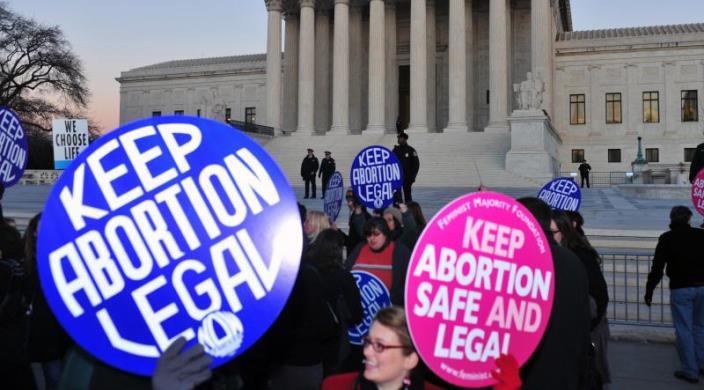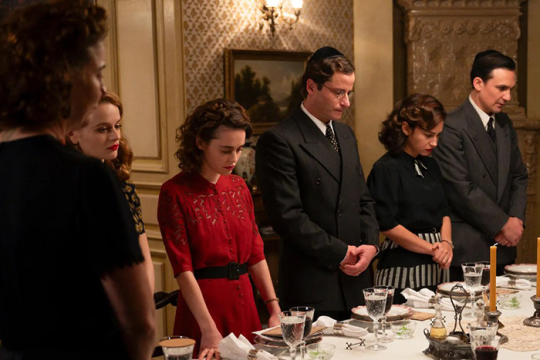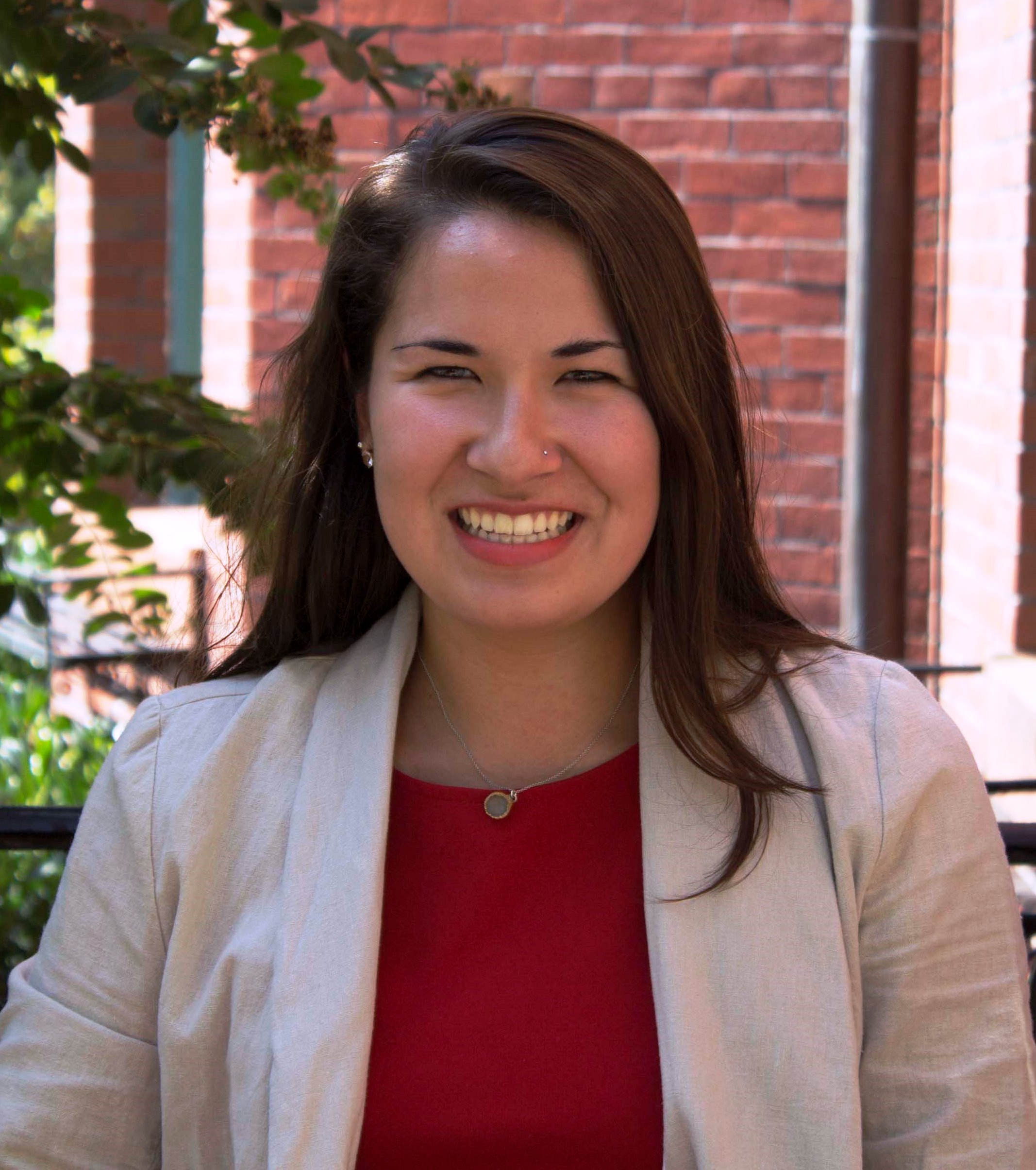
On January 22, we commemorate the 42nd anniversary of Roe v. Wade, the landmark 1973 Supreme Court decision that established the constitutionally protected right of a woman to choose whether or not to have an abortion. The Court held that under the Fourteenth Amendment’s guarantee of due process, the government’s interest in protecting potential life does not always outweigh a woman’s right to privacy in her health decisions. Though this constitutional protection still exists, subsequent court decisions and state and federal laws have slowly chipped away at the decision, establishing significant obstacles to abortion access and leaving our Roe rights at risk.
Over the past 42 years, and particularly over the last decade, an array of anti-choice state laws have made it such that a woman’s ability to access reproductive healthcare varies significantly depending on where she lives, on her age, or on her income level. Growing up in New Jersey, for example, I never worried that state laws would pose serious barriers to accessing care if I needed it. By contrast, a friend of mine who moved to Texas after we graduated in May shared with me that she worries all the time about whether she’ll be able to access safe and affordable reproductive health care in her new home, since Texas’ recent, restrictive law closed nearly half the clinics in the state, leaving more than 900,000 women more than 300 miles away from the nearest clinic. Though my friend is on a private insurance plan that covers abortion services, many of her fellow Texans and fellow Americans do not have insurance coverage for abortion. Federal law, specifically the Hyde Amendment, prohibits government insurance programs such as Medicaid, Indian Health Services and TRICARE, the plan for military service members and their dependents, from extending coverage for abortion care. This unjust restriction leaves millions of American women without coverage, meaning they must pay out of pocket for a key, health care service.
As Reform Jews who understand that the decision to have an abortion is deeply personal and often guided by faith, we affirm the right of all women to make their own decisions about their health care, their bodies and their future in concert with whomever they choose to include. Let us look back on the last 42 years with gladness and gratefulness that for many women, Roe introduced a new openness and freedom around reproductive choices. At the same time, we cannot forget that safe, legal and affordable reproductive health care is still not a reality for many women in the United States.
Let us take the opportunity of this anniversary to reflect on what it means to have true access to reproductive rights, to strengthen our voice as faith advocates and to recommit ourselves to working toward reproductive justice for all women and their families. To start, urge your Members of Congress to oppose dangerous restrictions on health care access in order to help ensure that women enjoy the right to make decisions about their own body and health, just as Roe v. Wade promises
Related Posts

“We Were the Lucky Ones:” Bringing The Holocaust Out of History Books and Into Our Homes

Harnessing the Power of our Mothers Around the Seder Table


